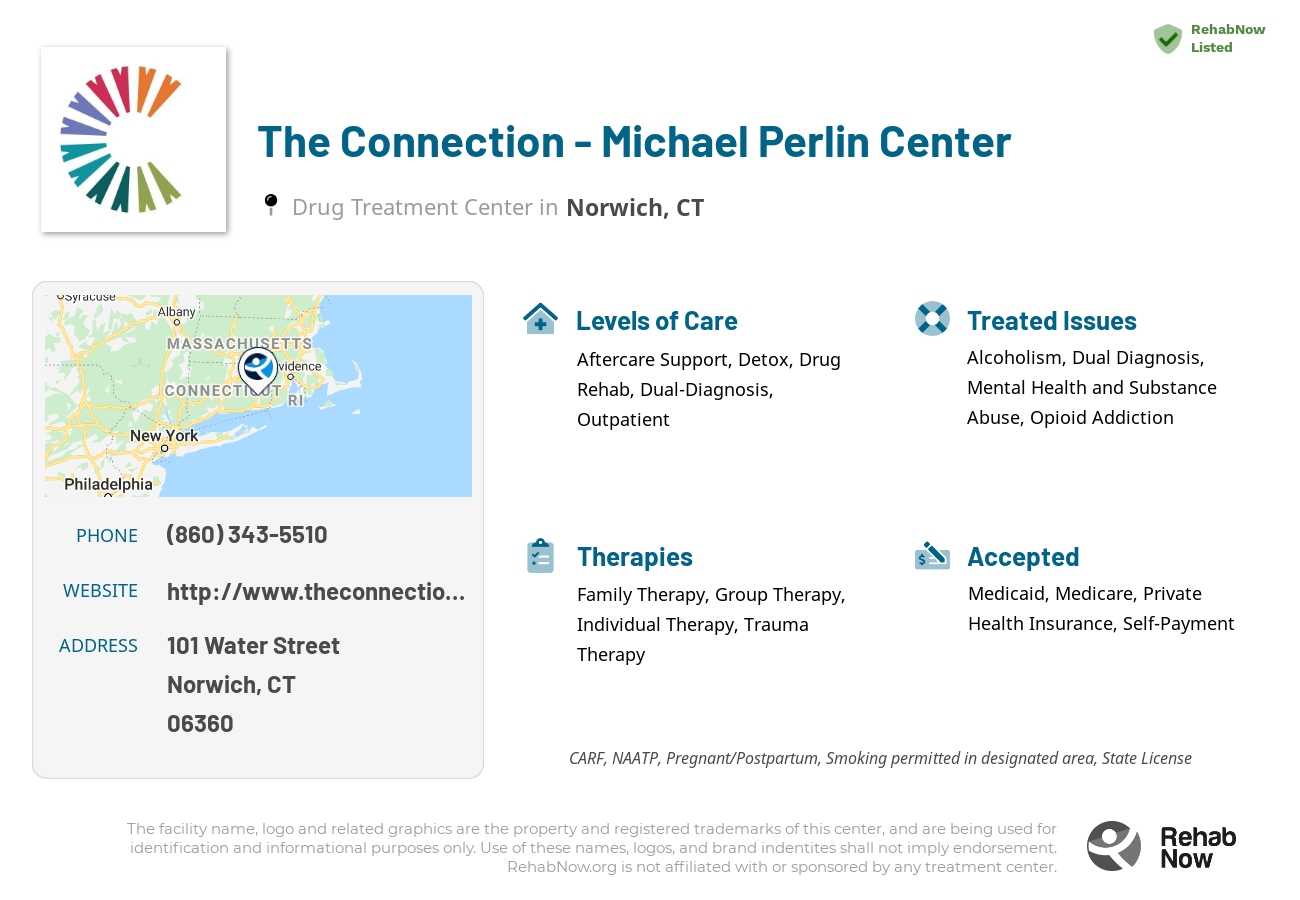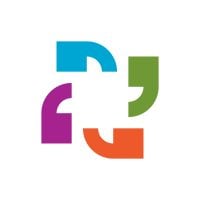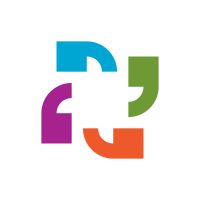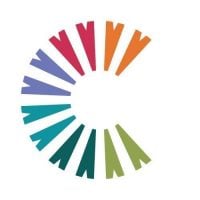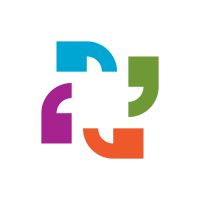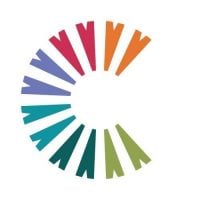
The Connection - Michael Perlin Center
Drug Rehab Center in Norwich, Connecticut
- Opioid Addiction
- Dual Diagnosis
- Drug Addiction
- Alcoholism
The Michael Perlin Center in Norwich, CT is an addiction treatment facility that has been successful in providing a wide range of services, from detox and drug rehab to outpatient care and aftercare support, with acceptance of private health insurance, for those suffering from substance abuse issues over 40 years.
About This Connecticut Facility
The Connection - Michael Perlin Center is an addiction treatment facility located in Norwich, Connecticut. Founded in 1972, this center has been dedicated to providing compassionate and effective care for individuals suffering from various addictions and mental health disorders. Their services cater to those struggling with alcoholism, opioid addiction, drug addiction, and dual diagnosis cases, offering a multi-faceted approach to treatment.
At The Connection - Michael Perlin Center, individuals can find a range of services tailored to meet their specific needs. The center offers detoxification programs to safely manage withdrawal symptoms during the early stages of recovery. They provide outpatient care, enabling patients to receive intensive therapy while maintaining personal responsibilities and commitments. Additionally, this facility offers a dual-diagnosis program for individuals dealing with both substance abuse and mental health issues. Above all, The Connection - Michael Perlin Center is committed to providing aftercare support to help patients sustain their recovery long-term. By focusing on the individual as a whole, they strive towards fostering lasting healing and growth in each person who seeks their assistance.
Genders
Ages
Modality
Additional
Conditions and Issues Treated
Opioid addiction treatment should be done in a medically supervised drug rehab. Opioid addiction treatment will include detoxification and drug rehab counseling to help both the user and their loved ones learn how to live a successful sober lifestyle. Methadone, buprenorphine, and naltrexone are three medications that can help treat opioid addiction. Individual drug rehab counseling sessions can be helpful to discuss any questions or concerns with the drug treatment program.
When addiction and psychiatric issues co-occur, the addict’s recovery is more successful when both conditions are treated. A dual diagnosis refers to a condition in which the patient is diagnosed with two health issues: addiction and bipolar disorder.
Usually, dual diagnosis sufferers are prescribed a combination of treatments for each condition. The most common therapies are psychotherapy, behavioral therapy, spiritual counseling, 12-step programs, and medication management.
Psychiatric conditions are an obstacle to recovery because they can create roadblocks to a healthy lifestyle. Drugs and alcohol may be used as a means of self-medication, which can have dangerous consequences. Over time, addicts build up a tolerance and suffer withdrawal symptoms when drug use is stopped.
With the proper treatment, dual diagnosis sufferers can overcome their conditions and achieve lasting sobriety.
Levels of Care Offered at The Connection - Michael Perlin Center
This center offers a variety of custom treatment tailored to individual recovery. Currently available are Aftercare Support, Detox, Drug Rehab, Dual-Diagnosis, Outpatient, with additional therapies available as listed below.
Detoxification is the first step in drug addiction treatment. A controlled environment where symptoms can be managed with medication and close observation is provided by drug detoxification. Detoxification is an essential step in the recovery process, but it is also one of the most dangerous. Due to the potential danger, it’s critical to understand what detoxification is and how to complete it safely.
A detox program helps the person physically withdraw from drugs and helps them track their progress. So, suppose the person isn’t ready for sobriety (or relapses). In that case, the treatment professionals can catch it early and help re-orient them towards recovery.
Individuals struggling with drug addictions can get help from several treatment options, including inpatient and outpatient programs. Outpatient drug treatment programs can also provide patients with different levels of care, usually depending on the patient’s degree of addiction.
At an outpatient program in Norwich, a patient will attend a recovery program during the day and return home in the evening. Suppose a patient is struggling with drug addiction. In that case, an outpatient program can serve as an effective transition point during the recovery process.
Aftercare is a part of drug rehabilitation. It is also known as “post-treatment support.” Aftercare programs are available for addicts after they complete drug rehab. It is often the final step in the recovery process. The goal of aftercare is to ensure that addicts maintain their achievements in rehab and do not relapse. Professionals generally provide aftercare (including addiction therapists, physicians, social workers, psychologists) and involve individual and group therapy sessions.
Therapies & Programs
Individual therapy is a critical component of addiction recovery. It allows the patients to go deep into their core issues and discover how to handle those problems better. Therapy can be conducted in individual sessions as well as group settings. In individual therapy for addiction, the patient meets with their therapist one-on-one to focus on the underlying issues. This allows patients to open up and discuss personal topics they may not feel comfortable discussing in a group setting. This type of therapy can help develop solutions specific to each patient, which helps speed up the recovery process.
Family therapy is a crucial part of drug treatment and getting sober. It is one of the most effective ways to help addicts stay on the path to long-term sobriety. When a drug addict decides that they want to try and get sober, it takes the support of every person they love to succeed. It can be incredibly difficult for loved ones to watch an addict go through the pain and suffering of withdrawal, but by being there with them and supporting them, they can help to make sure that the addiction never returns.
One of the most important parts of family therapy is the relapse prevention plan. During treatment, therapists and doctors will often sit down with the addict and their family to develop a plan in case the addict ever feels like they want to use again. This plan should involve steps the addict and family can take together to prevent them from relapsing in the future. An addict’s family can play a vital part in helping them to avoid relapse because they can spot the warning signs and help them get back on track before it becomes too much of a problem.
Group therapy helps prevent addicts from feeling isolated or unique in their situation by offering a sense of comfort and fellowship. It also creates a forum for addicts to build their support systems and learn from each other. The group therapy sessions at The Connection - Michael Perlin Center occur in a group setting rather than one-on-one to create a safer, controlled environment where addicts feel comfortable.
Trauma therapy helps people dealing with addiction by allowing them to confront the traumas of their past and move past them. It is important to note that trauma therapy should not be confused with PTSD (post-traumatic stress disorder) Rather, it is used to treat the effects of trauma, which are often at the root of addiction.
Payment Options Accepted
For specific insurance or payment methods please contact us.
Is your insurance accepted?
Ask an expert, call (888) 674-0062
Harborside Healthcare Associated Centers
Discover treatment facilities under the same provider.
- Harborside Healthcare - Arden House in Hamden, CT
- The Connection - Michael Perlin Center in Meriden, CT
- Connection - Outpatient in New Haven, CT
- The Connection - Michael Perlin Center in Old Saybrook, CT
- The Connection Center for Behavioral Health in Middletown, CT
Learn More About Harborside Healthcare Centers
Additional Details
Specifics, location, and helpful extra information.
Norwich, Connecticut 6360 Phone Number(860) 343-5510 Meta DetailsUpdated November 25, 2023
Staff Verified
Patient Reviews
There are no reviews yet. Be the first one to write one.
Norwich, Connecticut Addiction Information
Connecticut has a higher rate of substance abuse and addiction than the national average. The state ranks in the top 10 in the country for illicit drug dependence among those ages 18 to 25. In 2010, there were 9,211 people admitted to an alcohol treatment facility for alcohol abuse combined with a secondary drug. Connecticut ranked fifth in the United States of America for the number of fatalities involving drunk driving in 2014.
9.4% of Norwich residents reported past-month illicit drug use. The most commonly used drugs in Norwich are marijuana, cocaine, and heroin. In 2014, there were 10 drug overdose fatalities in Norwich, CT, which is a rate of 11.8 per 100,000 residents. People with drug problems are more likely of contracting diseases like Hepatitis B. A good way to start looking for treatment is to ask someone who has been through treatment before.
Treatment in Nearby Cities
- Jewett City, CT (7.6 mi.)
- Ridgefield, CT (75.5 mi.)
- Dayville, CT (24.4 mi.)
- Woodstock, CT (29.9 mi.)
- Stamford, CT (82.6 mi.)
Centers near The Connection - Michael Perlin Center
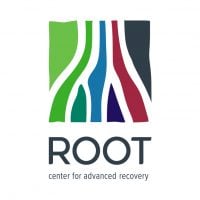


The facility name, logo and brand are the property and registered trademarks of The Connection - Michael Perlin Center, and are being used for identification and informational purposes only. Use of these names, logos and brands shall not imply endorsement. RehabNow.org is not affiliated with or sponsored by The Connection - Michael Perlin Center.

